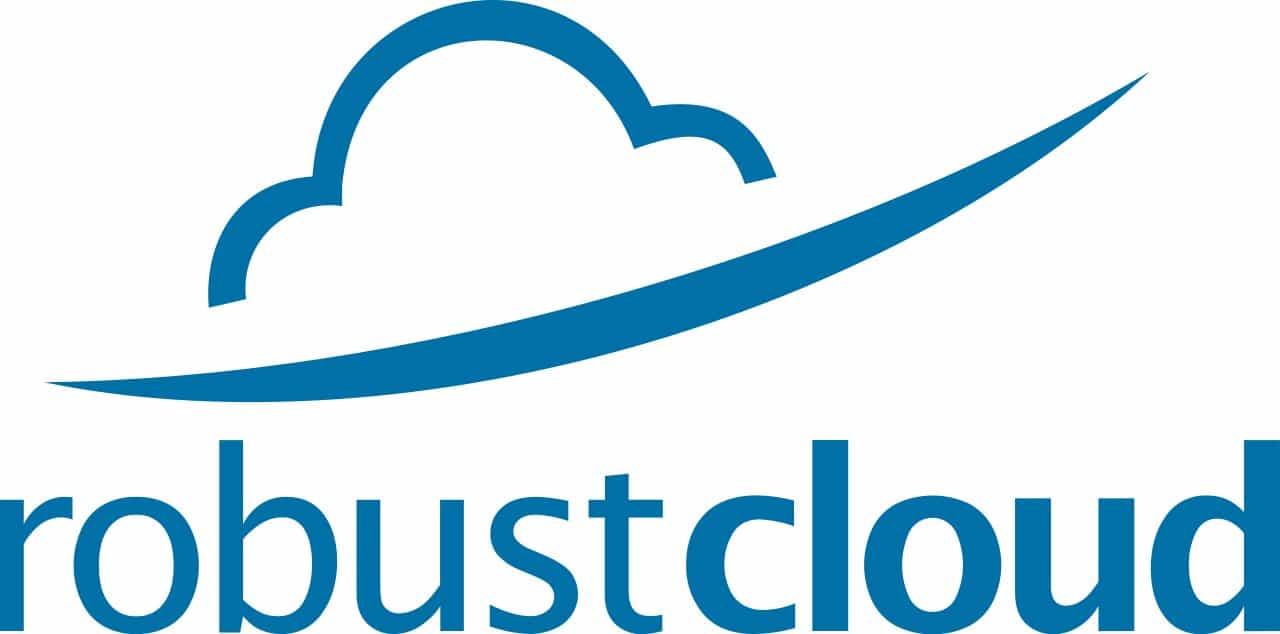A couple of weeks ago, I attended IBM’s Cloud Innovation Analyst Forum in Chicago. The event kicked off with a panel discussion where company customers, including the University of Wisconsin-Milwaukee, Top Coder and Colleagues in Care, discussed their experiences with solutions powered by IBM cloud technologies. The benefits that the University of Wisconsin- Milwaukee gained in reducing SAP client set-up time by 90% was especially impressive and went right into the heart of the problem of supporting 80,000 students in multiple campus settings. Reducing backup time by 99% overcame time constraints and helped reduce their risk as well.
Interestingly, some of the analysts in the audience expressed concern about whether this was really a cloud solution. In fact, we often hear that using virtualization and application service provider (ASP) or other hosting models does not qualify as a cloud solution. To an extent, these concerns are right as SaaS providers do utilize different architecture models, like web services fine-tuned to provide multi-tenancy applications with a low entry point for consumers. As an example, SalesForce has entry points as low as $50 a year for basic contact management capability that can be enhanced with full web service capabilities for approximately $300 a year.
From an IT perspective, cloud computing is really a management layer, mostly on top of virtualization, that supports a portfolio of service capabilities like security, elasticity, provisioning and configuration management. Customers can pick just one or several of the capabilities that most appropriately address their specific challenges, allowing them to harvest low hanging fruit with the least effort.
As a result, cloud computing has grown from its infancy to an adolescent with a wealth of benefits that customers cannot ignore. If they choose to craft a solution that does not meet a formal or full definition of cloud computing, that should not dissuade them or their technology providers in spreading the word of the value they gained.
After running 300+ CloudCamps all over the world, their co-founder, Dave Nielsen, came up with a simple definition of cloud computing. Is it OSSM (aka Awesome) in the sense of having the characteristics of: On-demand, Self-Service, Scalability and Measurement? Many or even most solutions typically have some measure of all of these. However, if your solution is less than OSSM in that it does not meet all of these requirements, it is something worth implementing in order to meet business challenges.
Today, cloud computing is moving into a more mature stage. Customers are no longer asking “What is cloud?” but “How do I leverage it?” In the case of the University of Wisconsin-Milwaukee, the maximum benefit was successfully provisioning and backing-up self-service SAP instances to students. Small customers and departmental applications may not need a Cadillac version of a cloud computing solution but could gain significant advantage over competitors by just finding the path of least resistance. While leveraging new technologies, customers look to gain maximum benefit and do not (and should not) prioritize meeting cloud definitions while optimizing the IT environments.
In conclusion, let’s accept that cloud computing has gone beyond its initial phases and has evolved to a fairly mature level. It is time to get past the definitions and celebrate the value that the technology brings to individual customer solutions. It is time for customers to ask whether every investment they make takes advantage of at least some benefits of cloud technology.
Disclosure: IBM paid for a one night stay in Chicago
PS: If interested in keeping up with the maturing and evolution of cloud computing, please attend the Cloud Computing bootcamp in NYC held as a track with CloudExpo. The agenda is constantly transforming along with the ecosystem.
